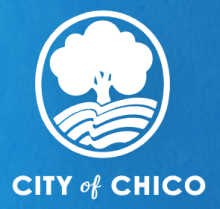Chico, California Moves Launches Pilot Project with Eye On Citywide Open Access Fiber Plan
Hoping to leverage both a major new California broadband expansion initiative and American Rescue Plan (ARP) funds, Chico, California is moving forward with its plan to deliver affordable fiber broadband to historically-underserved city residents.
The Chico city council last year began exploring using $4.8 million of the city’s $22 million in American Rescue Plan (ARP) funds to build a citywide fiber network. After spending $250,000 to research its options, the city council voted last week to move forward with the plan.
Dual Purposes
City leaders hope the network will provide more reliable connectivity for the first responders battling historic wildfires in the region. But like many communities, Chico was also spurred to action by telecom market failure, a lack of competition among regional monopolies, and the slow speeds, spotty coverage, and high prices that routinely result.
“All of us have had experience with the existing incumbents and what we pay for versus what we get,” said Chico's Information Systems Manager Josh Marquis. “There's a lot of areas of our region that do not have access either through affordability gaps or through service gaps.”
Much like Fort Pierce, Florida, Chico will begin by running a pilot project first targeting lower income parts of the city like the Chapman Mulberry neighborhood. There, residents will be provided inexpensive access to symmetrical fiber either through the city or a partner, made cheaper still once the FCC’s Emergency Broadband Benefit (EBB) discounts are applied.



